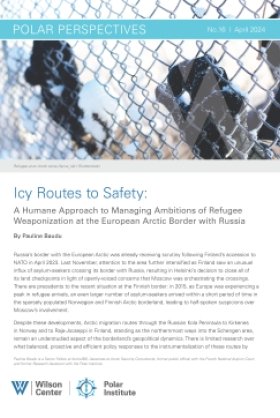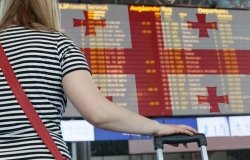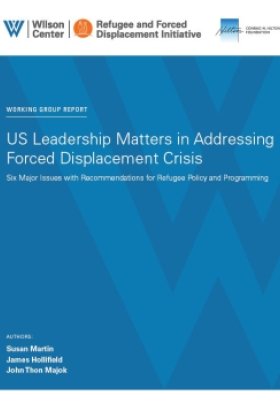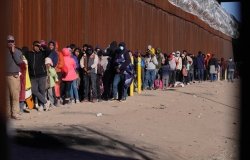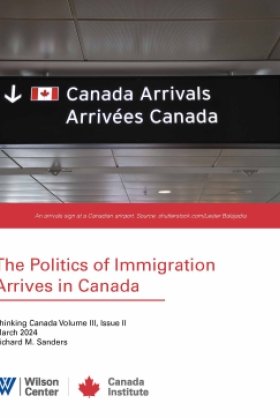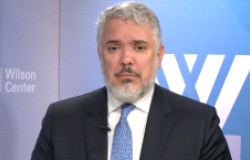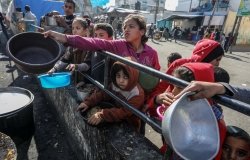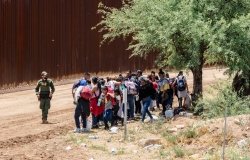Localizing Islam in Europe: Turkish Islamic Communities in Germany and the Netherlands
Ahmet Yükleyen demonstrates how Islam and Europe have shaped one another and challenges the idea that Islamic beliefs are inherently antithetical to European secular, democratic, and pluralist values. Through comparing five different forms of religious communities among Muslim immigrants in the Netherlands and Germany, Yükleyen’s rich ethnography shows that there is no single form of assimilated and privatized "European Islam" but rather Islamic communities and their interpretations and practices that localize Islam in Europe.
Overview
In the twentieth century, Muslim minorities emerged in Europe seeking work, a refuge from conflict, and higher life standards. As a result, there are now more than 12 million Muslims in Western Europe. As these immigrants became permanent residents, the Islamic communities they developed had to respond to their European context, reinterpreting Islam in accordance with local conditions. In Localizing Islam in Europe, Yükleyen brings this adaptation to light, demonstrating how Islam and Europe have shaped one another and challenging the idea that Islamic beliefs are inherently antithetical to European secular, democratic, and pluralist values.
Yükleyen compares five different forms of religious communities among Muslim immigrants in the Netherlands and Germany that represent a spectrum from moderate to revolutionary Islamic opinions. Drawing on extensive fieldwork, he finds that, despite differences in goals and beliefs, these communities play an intermediary role, negotiating between the social and religious needs of Muslims and the socioeconomic, legal, and political context of Europe. Yükleyen’s rich ethnography shows that there is no single form of assimilated and privatized "European Islam" but rather Islamic communities and their interpretations and practices that localize Islam in Europe.
Ahmet Yükleyen is Croft Assistant Professor of Anthropology at the University of Mississippi. He studied international relations at Bilkent University and completed his MA degree at the Graduate School of International Studies, University of Denver. He received his Ph.D. in Cultural Anthropology from Boston University in 2006. His dissertation research in Germany and the Netherlands in 2003-4 was funded by grants from Wenner Gren Foundation, United States Institute of Peace, and Dutch Council of Higher Education. His book is titled “Localizing Islam in Europe: Turkish Islamic Communities in Germany and the Netherlands” by Syracuse University Press, 2012. He has published articles in journals such as Journal of Ethnic and Migration Studies, Contemporary Islam, Immigrants and Minorities, Journal of Muslim Minority Affairs, and Turkish Studies. His research interests include anthropology of religion, ethnicity, Muslims in Europe, Islamic movements, and multiculturalism. He has taught at Tufts University and joined the faculty of the Sociology and Anthropology department at the University of Mississippi in 2006 where he is also affiliated with the Croft Institute for International Studies. He teaches courses on international studies, cultural anthropology, ethnic and religious identity politics in Europe, and Muslims in Europe and the United States. He is a senior residential fellow at the Woodrow Wilson International Center for Scholars and non-residential Jennings Randolph Senior Fellow at the United States Institute of Peace in Washington, DC for 2011-12.
Dr. Peter Mandaville is the Director of the Ali Vural Ak Center for Global Islamic Studies and Associate Professor of Government at George Mason University, where he was also the Founding Director of the Center for Global Studies. Furthermore, Dr. Mandaville is a Senior Fellow in Foreign Policy Studies at the Brookings Institution. His current research focuses on the comparative study of religious authority and social movements in the Muslim world, specifically emphasizing youth groups, transitional networks, and media. He has published books as well as articles. Also, Dr. Mandaville has testified before Congress and has consulted for government, media, and NGOs regarding political Islam and contemporary Muslim works affairs in general. During the Arab Spring he served as a member of the Secretary of State’s Planning Staff at the United States Department of State.
Jocelyne Cesari is currently the MINERVA CHAIR, affiliated at the National Defense University in Washington DC to conduct a research on Islam and Democratization in the context of the Arab Spring. She is an Associate at the Center for Middle Eastern and teaches at the Harvard Divinity School and Government Department. Dr. Cesari is a French political scientist, tenured at the French National Center for Scientific Research in Paris and specializing in contemporary Islamic societies, globalization and democratization. At Harvard, she is Director of the International Research Program called “Islam in the West” (see http://cmes.hmdc.harvard.edu/research/iw). The Islam in the West Program is also affiliated with the School of Advanced International Studies at John Hopkins and Georgetown University. She has written numerous articles and books on Islam, Globalization, Democratization and Secularism, including: Muslims in the West After 9/11: Religion, Politics and Law (2009, Routledge) (see also www.islamopediaonline.org). Her forthcoming book is titled Islam Betrayed? The Making of Modern Islam and World Politics.
Speakers
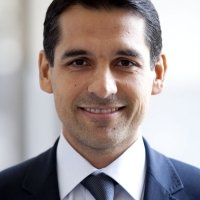
Ahmet Yukleyen
Croft Assistant Professor of Anthropology, Sociology and Anthropology Department, Croft Institute for International Studies, The University of Mississippi
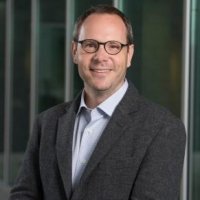
Peter Mandaville
Jocelyne Cesari
Hosted By

Global Europe Program
The Global Europe Program is focused on Europe’s capabilities, and how it engages on critical global issues. We investigate European approaches to critical global issues. We examine Europe’s relations with Russia and Eurasia, China and the Indo-Pacific, the Middle East and Africa. Our initiatives include “Ukraine in Europe” – an examination of what it will take to make Ukraine’s European future a reality. But we also examine the role of NATO, the European Union and the OSCE, Europe’s energy security, transatlantic trade disputes, and challenges to democracy. The Global Europe Program’s staff, scholars-in-residence, and Global Fellows participate in seminars, policy study groups, and international conferences to provide analytical recommendations to policy makers and the media. Read more

Middle East Program
The Wilson Center’s Middle East Program serves as a crucial resource for the policymaking community and beyond, providing analyses and research that helps inform US foreign policymaking, stimulates public debate, and expands knowledge about issues in the wider Middle East and North Africa (MENA) region. Read more
Thank you for your interest in this event. Please send any feedback or questions to our Events staff.
